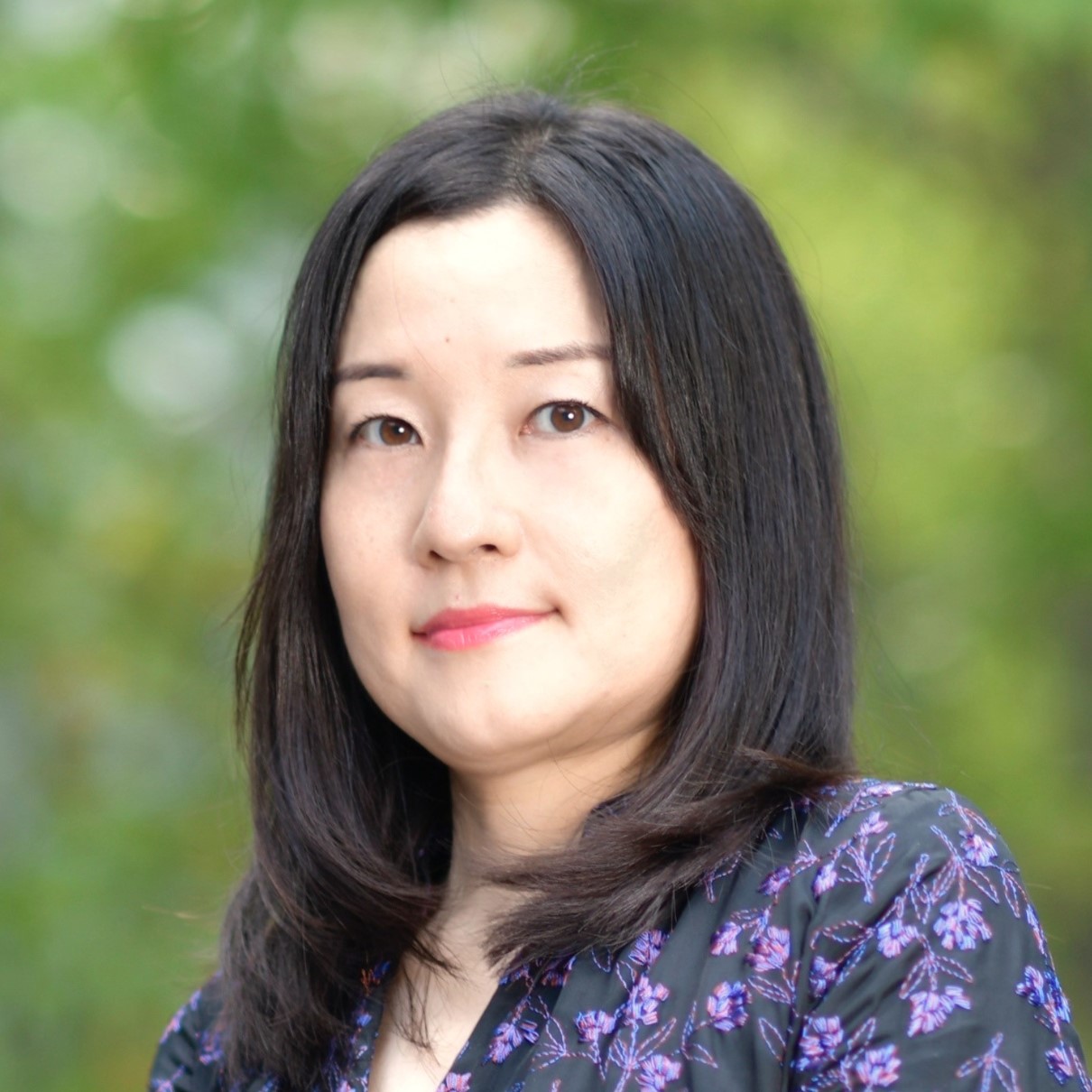About the lecturer
| I am interested in global cultural and social phenomena. I received an M.A. in sociology from Columbia University, New York, and a Ph.D. in communications from Goldsmiths, University of London. Building upon these foundations, I have been conducting ethnographic research on topics such as culture, media, race and ethnicity, gender, the production of art, and labor in New York, London, Paris, and Tokyo. Website https://www.iii.u-tokyo.ac.jp/faculty/fujita_yuiko |

Assoc. Prof. Yuiko FUJITA
|
Video Introduction
Culture, Media and Society in Japan
Syllabus
| 1 | Subject | Culture, Media and Society in Japan |
| 2 | Field | Communication Studies, Media and Cultural Studies, Anthropology, Sociology |
| 3 | Key words | Media; Gender; Race and Ethnicity; Popular Culture; Youth; International Migration; Japan |
| 4 | Global Unit | 1 |
| 5 | Lecturer | Yuiko FUJITA |
| 6 | Period | July 1 - 12, 2024 |
| 7 | Time | 13:00-14:30 (Japan Standard Time) |
| 8 | Lecture style | In-person (on Hongo Campus) |
| 9 | Evaluation Criteria | Excellent (S) 90–100%; Very good (A) 80–89%; Good (B) 70–79%; Pass (C) 60–69%; Fail (D) 0–59% |
| 10 | Evaluation methods | Attendance/participation 40% Presentation 30% Final project 30% |
| 11 | Prerequisites | No prior knowledge about the subject is required. Students must be willing to engage in discussions. |
| 12 | Contents | Purpose Students who successfully complete this course will be able to do the following: - Understand basic theories, concepts, and research methodology on media, communication, and cultural studies. - Apply these conceptual tools to explain social phenomena and everyday life in Japan. - Critically discuss current social problems in Japan. Description This course offers an exploration of Japanese society, popular culture, and media, alongside an examination of global social dynamics. It addresses theories, concepts, and methodologies in media and cultural studies, communication, anthropology, and sociology, employing an interdisciplinary approach to analyze various aspects of everyday life in Japan. The first half of the course focuses on issues of gender, race, ethnicity, and class in Japan. Gender inequality in Japan is severe and deeply rooted in the family and workplace. The once prevalent belief in the myth of a homogeneous nation is beginning to shift due to the increase in new immigrants. Moreover, young people are grappling with anxiety about Japan's future, amid its declining birthrate and aging population. The latter half of the course shifts towards an analysis of media and globalization, investigating how the global flows of digital media and popular culture are impacting personal relationships and images of the world in Japan. During classes, the lecturer gives explanations on these topics and students engage in group discussions on them. Fieldwork is planned during the course. Schedule 1: Introduction 2: Gender Inequality: Family and Work 3: Youth, Education and Careers 4: Ethnic Minorities 5: Fieldwork 6: Youth Culture and Media 7: Japanese Popular Culture 8: Global Flows of Digital Media and Popular Culture 9: Global Flows of People: Media and Migration 10: Final Presentation Assignments (1) 20-minute group presentation on a final project (2) Final group project |
| 13 | Required readings | Will be provided during the course. |
| 14 | Reference readings | Will be provided during the course. |
| 15 | Notes on Taking the Course | - |
UTokyo Global Unit Courses (GUC)
International Education Promotion Group, Education and Student Support Department
The University of Tokyo, 7-3-1, Hongo, Bunkyo-ku, Tokyo 113-8652 JAPAN
For inquiries regarding GUC, kindly direct them to the following email address:
utokyo-guc.adm(at)gs.mail.u-tokyo.ac.jp *Please change (at) to @
International Education Promotion Group, Education and Student Support Department
The University of Tokyo, 7-3-1, Hongo, Bunkyo-ku, Tokyo 113-8652 JAPAN
For inquiries regarding GUC, kindly direct them to the following email address:
utokyo-guc.adm(at)gs.mail.u-tokyo.ac.jp *Please change (at) to @






